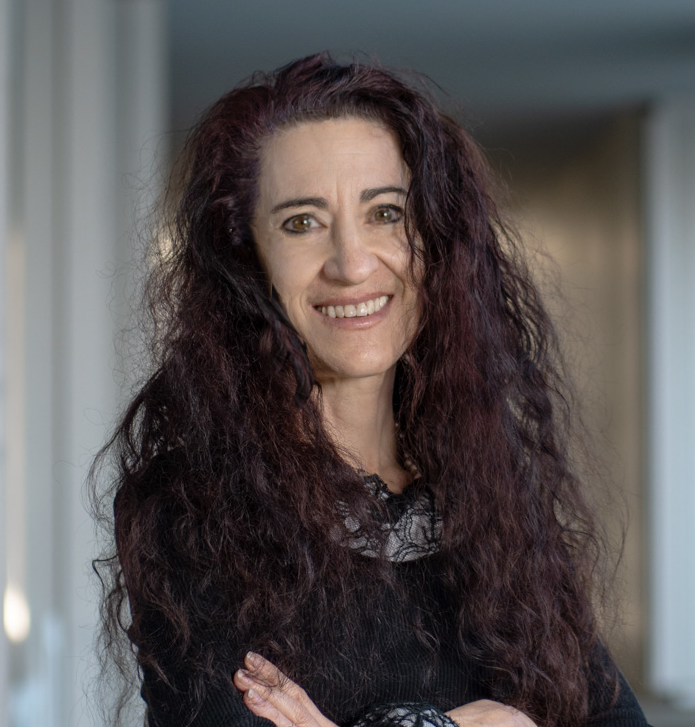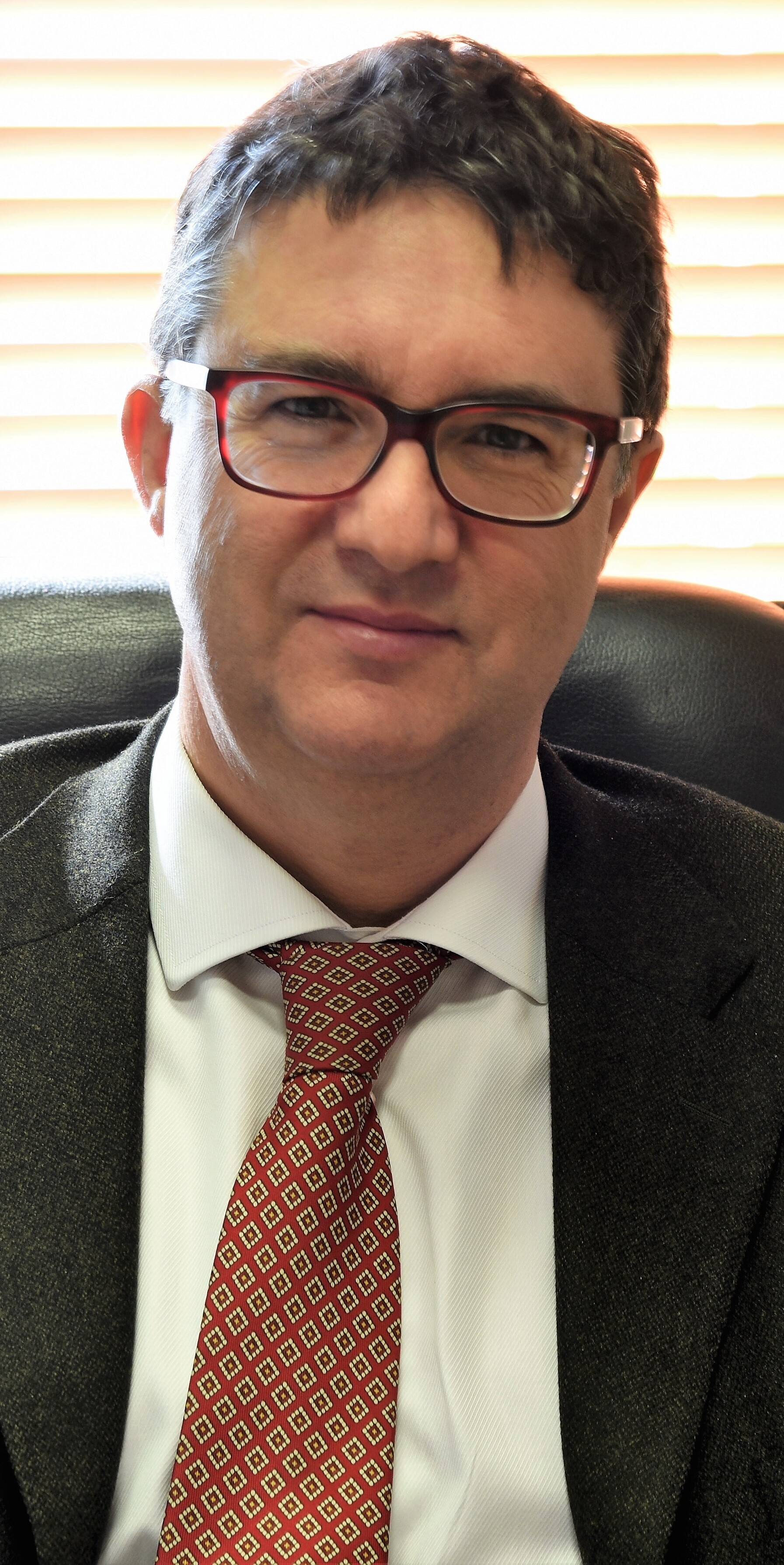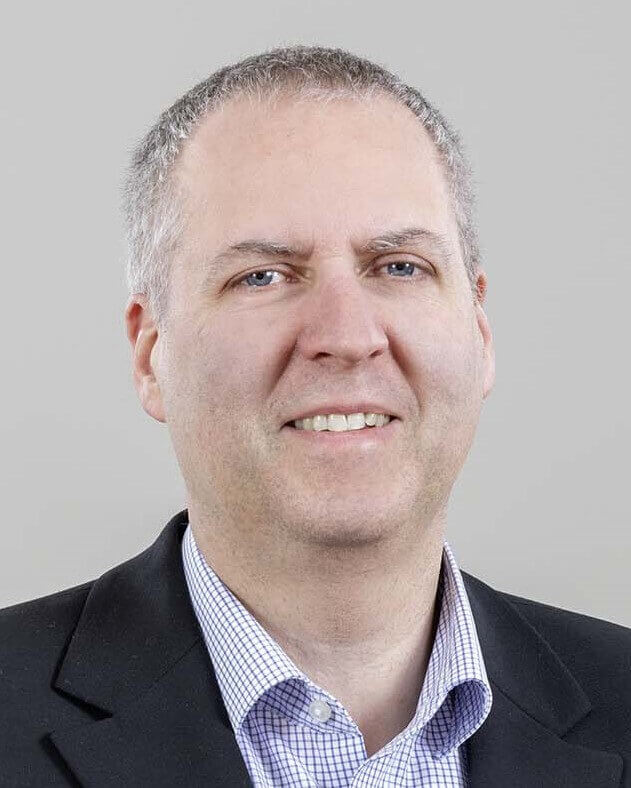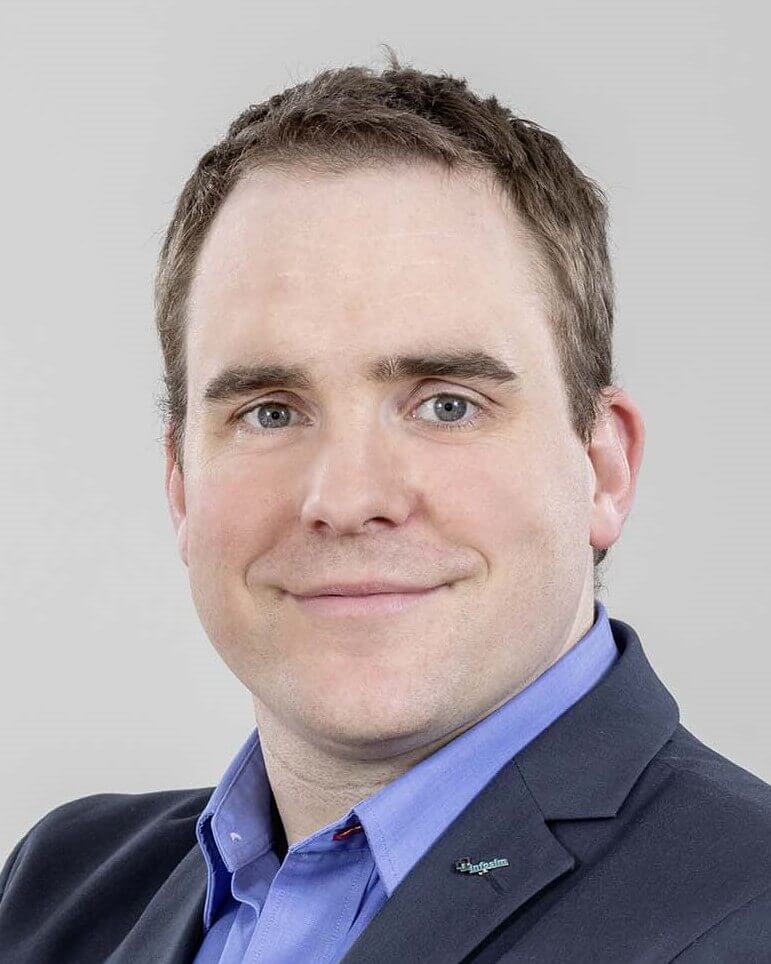
|
Prof. Silvia Giordano is the head of the NetLab at SUPSI, Switzerland. Holding a PhD from EPFL, Switzerland, she has obtained national and international grants for innovative projects worth over 10 million CHF, which she has coordinated successfully. She was a co-author of the NCCR proposal of EPFL, which was awarded CHF 38 million by the SNSF, reaching over CHF 100 million with investments by participants and external funders. Projects such as MONARCA and PROMO have reached technology readiness level TRL9 and released final products that entered the market. She is a member of the Partnership Board of Big Data Value and is involved in the creation of a Big Data Innovation Hub in Ticino. She is additionally the responsible person of the SUPSI research area on Digital EcoSystems and a member of the SUPSI Research Group that supervises the research strategies in SUPSI.
|
Silvia Giordano
SUPSI - Switzerland
silvia.giordano@supsi.ch
|
The ubiquitous adoption of social media has facilitated the distribution of harmful content such as hate speech and disinformation. Users leave digital footprints on a daily basis with social media, and this makes more easy to spread harmful content and attack their privacy.
However, the business model of social media is grounded precisely on this spread, so the barely intervene.
The reluctance of social media companies to handle harmful content and the lack of transparency in their moderation policies have led to calls for regulation of social media platforms.
However, the design and enforcement of social media regulation present critical difficulties for policymakers, including
limited access to data, statistics, metrics, and algorithms
lack of tools for predicting the impact and unintended consequences of specific regulations
and diverse contexts of different countries
Its therefore necessary to establish a clear, traceable, and replicable methodology to craft policy recommendations that effectively mitigate the harms of social media actors responsible for abusive and illicit behaviors.
The age of fragmentation (or the end of the Internet as we knew it)

|
Nicola Blefari-Melazzi is a full Professor of Telecommunications at the University of Roma Tor Vergata, where he served as Chair of the PhD program in Telecommunications Engineering, Chair of the undergraduate and graduate programs in Telecommunications Engineering and Chair of the Department of Electronic Engineering. From January 2017 to January 2023 he has been the Director of CNIT (National Inter-University Consortium for Telecommunications), a non-profit Consortium made up of 41 Italian Universities. More than 1,300 people, belonging to the participating universities, collaborate with CNIT, while the number of own-employees is more than 100. Since January 2023 he is the president of CNIT.
His research projects have been funded by Italian Ministries, by the Italian National Research Council, by major companies (e.g., Ericsson, Telecom Italia), by the ESA and by the EU. He has participated in 33 EU projects, playing the role of project coordinator and PI for seven of them. He has been a member of the board of the 5G Infrastructure Association, the private side of the 5G Public Private Partnership, a joint initiative between the European ICT sector and the European Commission, which funded with a 1.4 Billion Euro budget the R&D on 5G. He is still a member of the 5G Infrastructure Association, now re-named 6G Infrastructure Association, that recently founded the Smart Networks and Services Joint Undertaking together with the European Commission, which is funding with 900 MEUR the research and development for 6G and related technologies. He has been appointed by the Ministry of University and Research as Italian representative in the Member States’ Representatives Group of such Smart Networks and Services Joint Undertaking. Since September 2022, he is the President of the RESTART Foundation, established primarily for the implementation, coordination and management of the 116 M€ MUR-funded research program “Telecommunications of the Future”.
He evaluated many research proposals and projects in EU programs and served as TPC member, TPC Chair, General Chair and Steering Committee Chair for IEEE Conferences and guest editor for IEEE Journals. He has been an area editor for Elsevier’s Computer Networks. He is author/co-author of about 260 papers. His research interests lie in the performance evaluation, design and control of telecommunications networks.
|
Nicola Blefari-Melazzi
University of Roma Tor Vergata
blefari@uniroma2.it
|
The Internet as a whole, including access technologies and cellular networks, has undergone a significant evolution since its original setup. However, key TCP/IP functionalities, such as multicast and service differentiation, have not been widely deployed and core protocols have not always kept up with advancements. Meanwhile, the number and diversity of online applications and content have skyrocketed, not to mention the amount of traffic they generate, while network operators encountered difficulties in diversifying their portfolio of services. In addition, business models have changed a lot and new ones have emerged.
The combination of these factors has resulted in two momentous outcomes: i) the network is diverse and patchy, with performance greatly varying across different regions, whereas important functionalities are provided unevenly and/or as network overlays; ii) new players have entered the market, narrowing the role of traditional network providers: hyperscalers, providing applications and content as well as cloud services and connectivity; CDN providers; cybersecurity providers; IXPs and intermediaries, but also new connectivity providers, such as utilities and municipalities and, importantly, non-public networks and neutral hosts.
Despite impressive improvements in network protocols and performance, the question remains whether the architecture and current service offerings of the public Internet are at par with the requests of users, and especially of innovative businesses.
This talk will discuss some options for the evolution of the network, analysing the role of stakeholders in the changing landscape, identifying open challenges and arguing that without remedial actions there is the possibility of antitrust authorities intervening, potentially causing disruptions in the sector.
Current and upcoming challenges of automated network management in practice

Stefan Koehler
University of Würzburg Lab
koehler@infosim.net

David Hock
University of Würzburg Lab
hock@infosim.net
|
Dr. Stefan Köhler and Dr. David Hock are both former Research assistants of the Chair of Distributed Systems/Communication Networks of the University of Würzburg previously lead by Prof. Phuoc Tran-Gia, and now followed up by Prof. Tobias Hoßfeld since 2018. In their respective work at the chair they both focused on Routing Optimization with different aspects. Stefan finished his Doctoral Degree in 2006 and is one of the cofounders and CEO of Infosim GmbH & Co. KG celebrating its 20th anniversary this year. David finished his Doctoral Degree and joined Infosim in 2014 and is now Director of Research of the Infosim® Group. He coordinates research activities across all business areas, including Automated Network & Service Management, IIoT, Smart City.
With the solution StableNet®, Infosim is a leading manufacturer of automated Service Fulfillment and Service Assurance solutions. StableNet® incorporates Fault, Performance, Configuration, and Services Management on a single platform. Since the very first day when starting as a spin off of the University of Würzburg, Infosim has always been very actively participating in different research activities and conducted numerous funded research projects together with other industry partners as well as Research institutes and academia. This is a very good driver for innovation and helps to bring together both the theoretical/methodological research work and the practical applications of it.
|
In the last twenty years since the start of Infosim, the communication world has been rapidly changing and among others trends kept moving back and forth from centralization to decentralization and vice versa. Some new challenges have come up with new technologies and others have still stayed relevant or even started to finally get important after already having been discussed in the research community quite some years ago. In their keynote, Stefan and David will address current and upcoming challenges of automated network management in practice, touching among others on 5G and OpenRAN, software defined networking, and AI/ML, but also covering topics like Quality of Experience and Quantum Communication. Stefan and David will also use the occasion to give tribute to one of the Infosim co-founders Prof. Tran-Gia who was an expert in queueing theory and simulation techniques and one of the key persons in the team when Infosim started in the early 2000s.